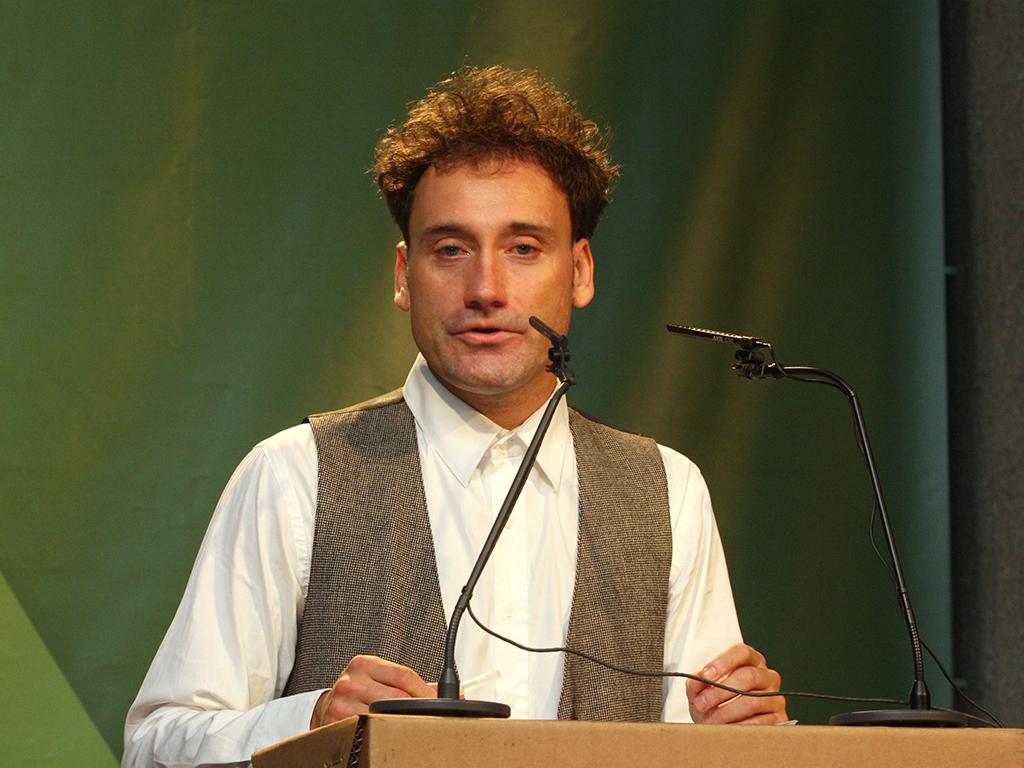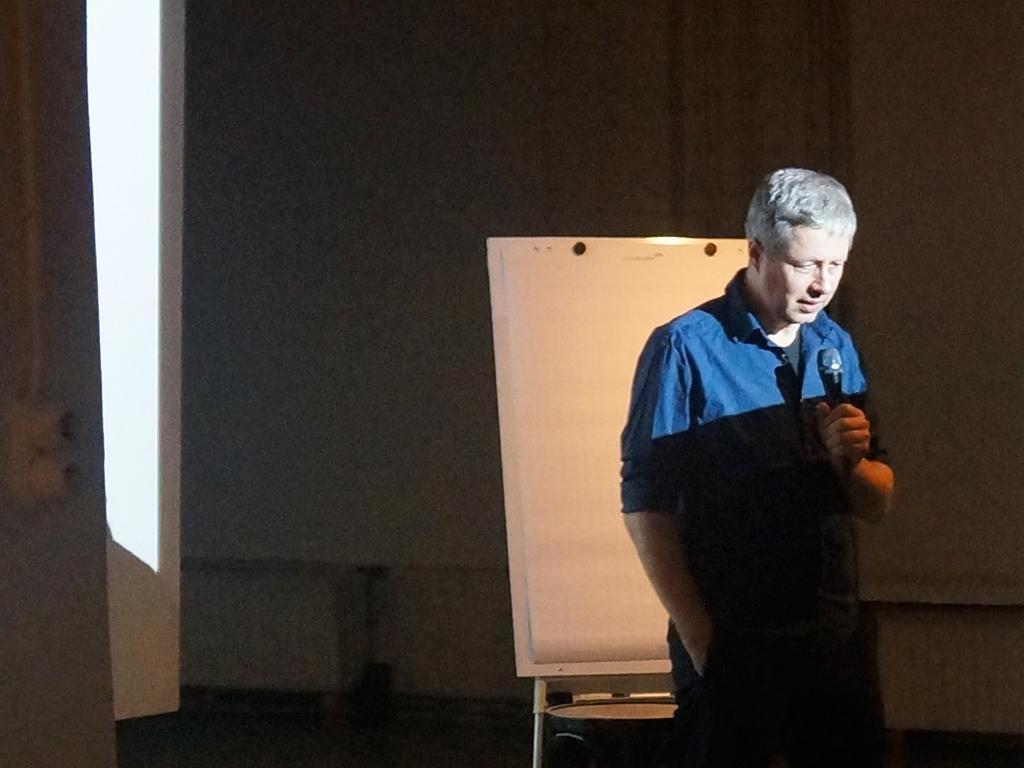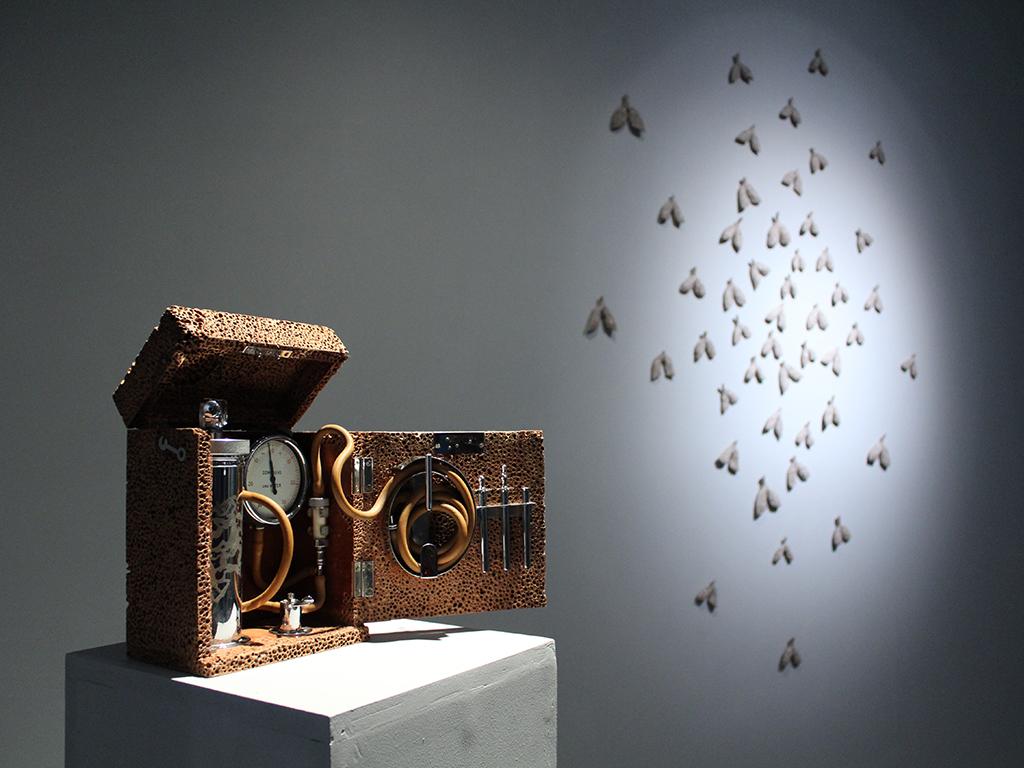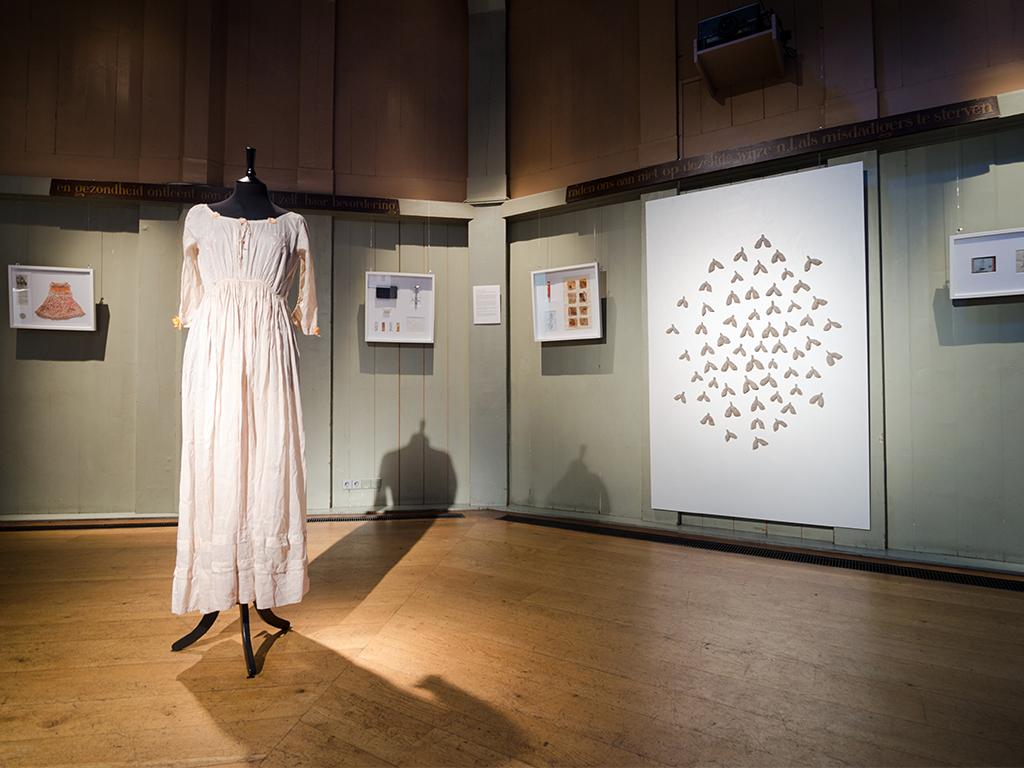The Future of Art and Science Collaborations – book presentation and double lecture by Jens Hauser and Frank Theys. How do we know what we know – the possible role of art in science (and science in art ?)
This evening will be the concluding event of The Future of Art and Science Collaborations, a project started in the fall of 2013, set out to investigate the collaborative aspects of the interactions between the arts and sciences.
Apart from the two lectures by Frank Theys and Jens Hauser, Jacco van Uden will present the publication that is the result of the workshop at the Lorentz Centre, as part of the event series Future of Art and Science Collaborations. The publication complements the presentations of Theys and Hauser in the sense that it focuses on the collaboration itself, focusing on what works and what doesn’t in art and science collaborations.
Lucas Evers of Waag and program curator of the Future of Art and Science Collaborations, will introduce and host the evening.
Frank Theys’ lecture title is: Thinking 3 Cultures: Art, Science and Society
In this philosophical journey film & theatre maker and visual artist Frank Theys will talk about how modern society was founded by the segregation between science and society since the beginning of our Modern Times. How did this 'split-thinking' in the history of science philosophy eventually influence modern art philosophy in its own tendency to take distance from society and seek for its own essence? The past decades both art and science however moved in the opposite direction and are facing their social responsibility/relevance. In this lecture Frank Theys will touch upon the viewpoints and consequences of these new intertwining tendencies, seen from a social, a scientific and an artistic approach.
Jens Hauser: Art in the epistimological turn: How do we know what we know
Jens Hauser will elaborate on ‘fruitful’ misunderstanding between arts and the technosciences, especially in the context of the lifesciences. Is there anybody in the exchange that can control to get what he exptects, and is not the unexpected more ‘lively’? Hauser sees art increasingly linked to knowledge production and dissemination, within a larger scope of what he has coined an epistemological turn, in which cultural practitioners less translate and transform what we know, but question how we know what we know. In the particular area of the biological sciences, art can build on its own long history of lifelike imitations and appearances. Contemporary artists who employ biotechnology are particularly ‘close to life’, and the new discipline of Synthetic Biology is well suited to upgrade art historical paradigms of ‘creation’. In parallel, the democratization of lab tools leads to their appropriation by tinkerers and tactical media activists who apply the potential of open source culture from the digital age of Media Art to DIY biology and biohacking.
The Future of Art and Science Collaborations is a collaboration between Netherlands Study Centre for Technology Trends, Leiden Institute of Advanced Computer Science Rijksakademie voor Beeldende Kunsten, Royal Academy of Visual Arts The Hague, The Arts and Genomics Center, Waag and the Lorentz Centre.
The Future of Art & Science Collaborations is a series of events and lectures started in the October 2013 with a full week international workshop at the Leiden Lorentz Center, to research the collaboration aspects of interactions between the arts and sciences, that have gained so much popularity in recent years.
The Future of Art and Science Collaborations is generously supported by the Mondriaan Fund en Doen.
About Frank Theys
Frank Theys is a film and theater maker and visual artist. He lives and works in Brussels and Amsterdam. His audiovisual work varies from video and interactive installations to documentary, experimental film and theater performance and has been acquired for the collections of e.g. the MOMA (New York), SMAK (Ghent), the Museum for the Moving Image (New York) and the Centre National de la Cinématographie in Paris.
The work of Frank Theys is characterized by a scientific approach to existential reflections. His documentary trilogy Technocalyps (2006) in collaboration with Michel Bauwens - about new developments in technology and the prospect of transcending human limits - has generated a lot of response and discussion across the cultural and the scientific world. It has been the central piece of several exhibitions and congresses around the world.
About Jens Hauser
Jens Hauser is a Paris and Copenhagen based art curator and writer. As a media studies scholar he is focusing on the interactions between art and technology. He holds a dual research position at both the Department of Arts and Cultural Studies and at the Medical Museion at the University of Copenhagen, and is a distinguished affiliated faculty member of the Department of Art, Art History and Design at Michigan State University. His curated exhibitions include L’Art Biotech (Nantes, 2003), Still, Living (Perth, 2007), sk-interfaces (Liverpool, 2008/Luxembourg, 2009), the Article Biennale (Stavanger, 2008), Transbiotics (Riga 2010), Fingerprints... (Berlin, 2011/Munich/2012), Synth-ethic (Vienna, 2011), assemble | standard | minimal (Berlin, 2015) and SO3 (Belfort, 2015).
About Jacco van Uden
Jacco van Uden is head of the Change Management research group at The Hague University of Applied Sciences (THUAS). Jacco has a background in organization studies and received his PhD from the University of Humanistic Studies. Having worked in business consultancy for some years, Jacco then joined the STT Netherlands Study Centre for Technology Trends to work as project manager for future studies, first in the field of serious gaming and more recently on the intersection between art, science and technology. At THUAS, the Change Management research group is dedicated to exploring new ways of organizing. Jacco's main focus in on the question of how the arts can inform the world of management and organization.



